Borja Martínez Téllez will be in charge of participating in Berlin in the international final phase of this event that seeks young scientific talents, innovators and visionary minds capable of providing innovative ideas that respond to current global challenges in areas such as energy, poverty, environment or health.
With a novel research on sarcopenia, a degenerative disorder in which muscle mass and strength are lost with aging, Borja Martínez Téllez, a researcher at the University of Almería, has won the Falling Walls Lab Spain event and, therefore, will be the Spanish representative in the international final of this competition that aims to find young scientific talents, innovators and visionary minds capable of providing innovative ideas that respond to current global challenges in areas such as energy, poverty, environment or health.
A research that was born with the aim of providing a solution to one of the diseases that arise as a result of our society’s increasing longevity. “New diseases or disorders such as sarcopenia are appearing. This is a disorder in which muscle mass and strength are lost and the possible causes are unknown. Today it is known that strength exercise is the best solution to combat it, but what about those people who cannot exercise because sarcopenia is more advanced? This is where our research will try to provide a solution thanks to the discovery of a new bacterial function”, explained Borja Martínez.
The objective of this UAL researcher, together with the Sport Research Group, led by Alberto Soriano-Maldonado, is to develop pills that are capable of mimicking the effect of physical exercise through a specific bacterium related to greater muscle mass and strength. Since most of these patients are debilitated and cannot increase their muscle mass through strength exercise. “Our project consists of trying to mimic the beneficial effects of physical exercise through the use of gut bacteria. These potential new treatments would be aimed at people who cannot move and who are unable to exercise.”
At the moment, the project is in its “infancy”. In the next few years “we are going to work on trying to develop products where we can supplement patients with these bacteria, the effects on humans are still unknown, but we have enough scientific evidence to believe that they are possible. We are optimistic that in 10 years we could be partially solving the problem, always accompanied by an active lifestyle (exercise, good nutrition, etc.)”.
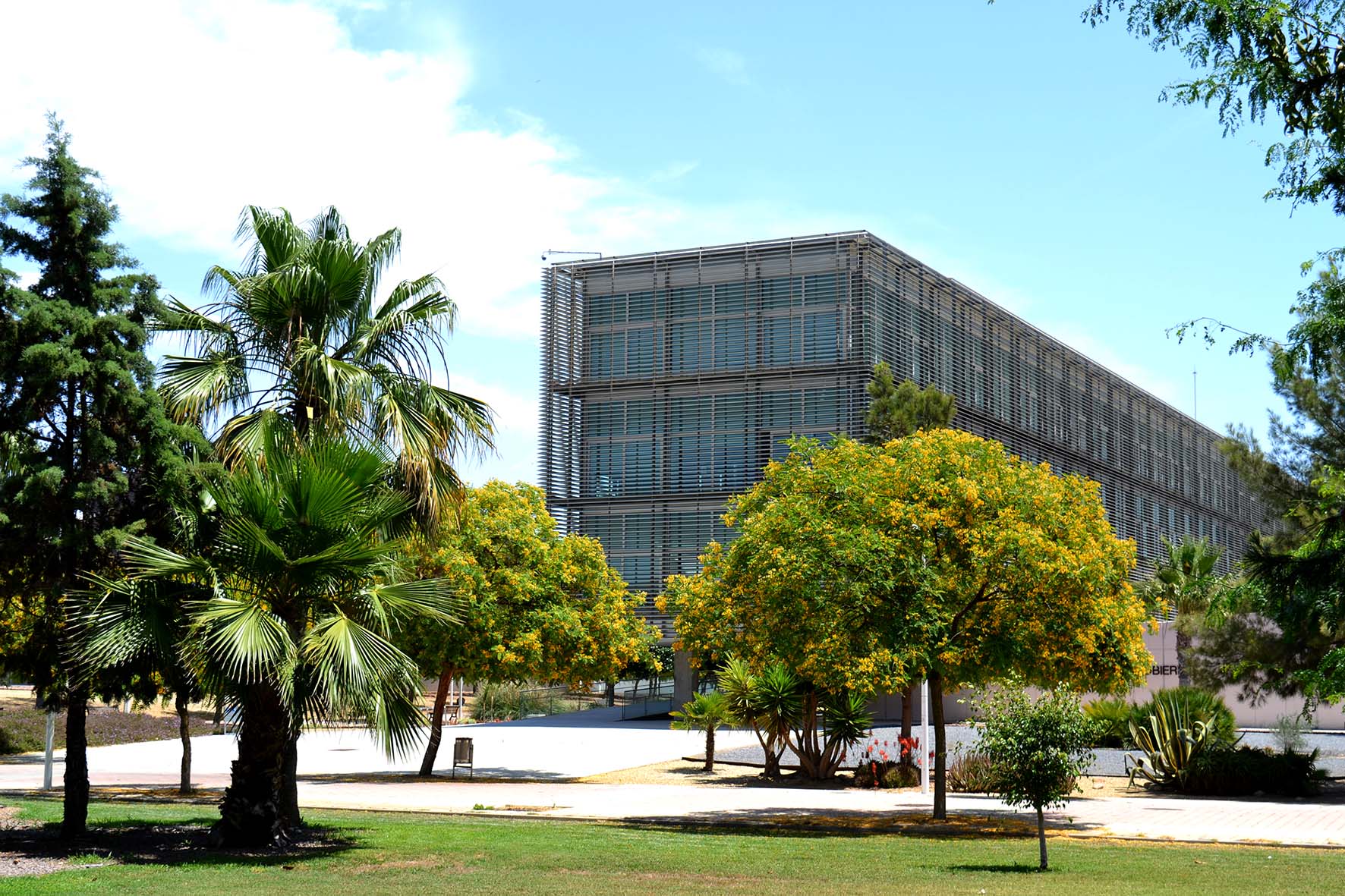
The University of Almeria in the top 10 of the Forbes ranking of universities in Spain 2022 |
Borja Martinez explained this research for three minutes, enough time to win the highest rating of the 15 finalists, and a prize of 500 euros, by the jury of this event held at the Museum of Natural Sciences in Madrid. “The experience has been spectacular, I did not expect to have been selected by the jury as the winner. I have to say that the final was very close with a former colleague of mine, Cristina Cadenas Sánchez, from the University of Granada. I tried to start in a groundbreaking way, without saying a word, and without introducing myself, I decided to lift and seat the whole audience in less than 10 seconds, in this way I tried to make them see that this movement, which is easy for us, is very difficult and painful for patients with advanced sarcopenia”.
A direct exposure that opened the doors to the international final that will take place from November 7 to 9 in Berlin. There Borja Martínez will defend his idea entitled ‘Breaking the wall of exercise mimetics’. “As an Andalusian and Spanish researcher, representing my country in the final in Berlin, with the best scientists and entrepreneurs in the world, is a very exciting challenge and a responsibility. In the jury there will be Nobel laureates and researchers of the highest international caliber, the fact that they can listen to my idea is already a prize in itself. My goal is to have fun and, above all, to show that in Spain and in Almeria you can do world-class science in the area of exercise physiology and medicine”.
For the grand final in Berlin Borja Martinez will do “a lot of rehearsals with very different people. I want to change many things in my presentation to make it even more impressive and impressive. The CSIC will advise me to do the best possible role and try to bring the grand prize to Spain”.
As for his future, the researcher is currently “looking for funding to be able to develop these ideas that I have presented in this competition. So in the future I see myself setting up a leading laboratory on this subject at the University of Almeria. At present, my goal is to apply for European grants, ERC-Starting grant style, to get the funding I need to develop my dream”.
Companies interested in contacting him can do so at borjammt@ual.es.
Source: UAL News

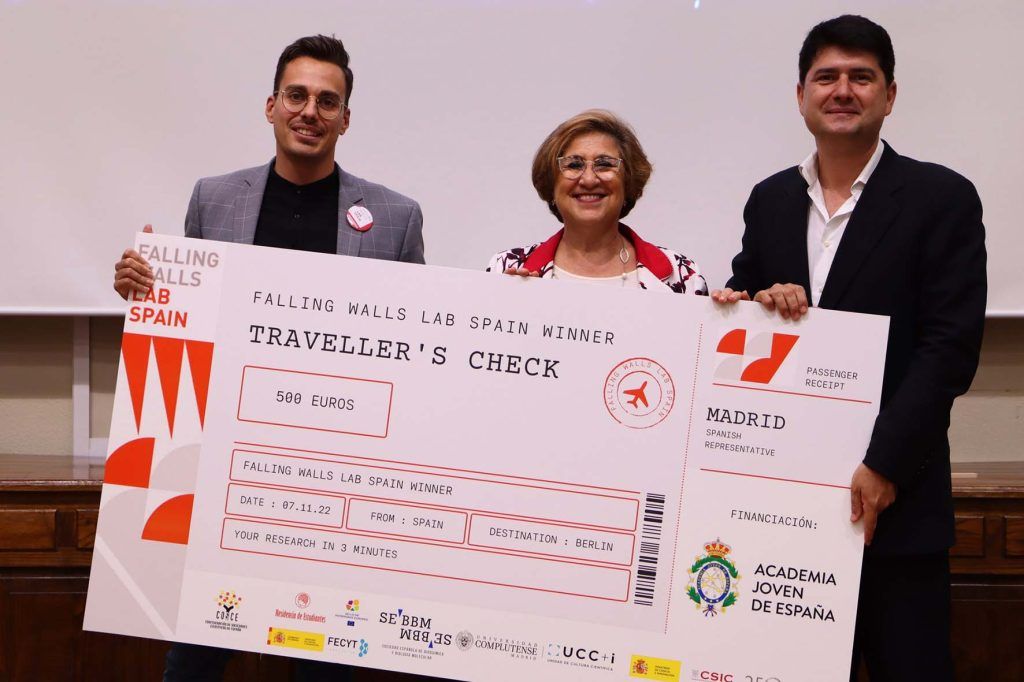
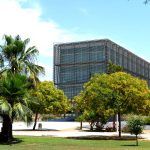
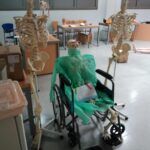
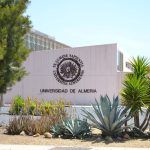
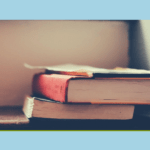
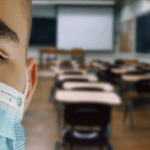
Leave a Reply